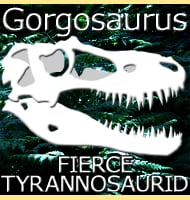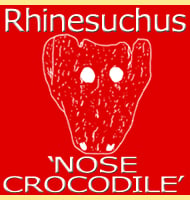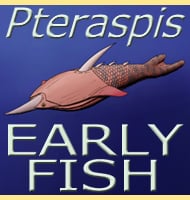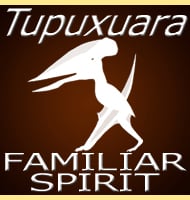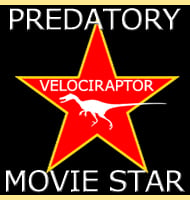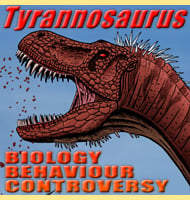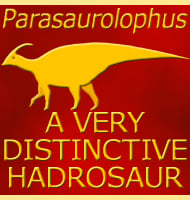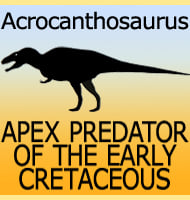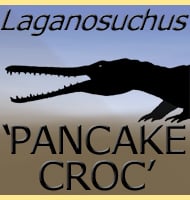In Depth
When first described Estesia was considered to be a member of the Varanoidea, the group that contains modern day monitor lizards (i.e. lace monitor, komodo dragon, etc). This relationship was based mostly upon the similarity of the jaws as well as the teeth which were sharp and recurved (curve to face the back of the mouth). Closer analysis of the teeth however later revealed the presence of grooves than ran along the lengths of the teeth, revealing a closer relationship with members of the Helodermatoidea, which include Gila Monsters. By extension, this is a strong indicator that Estesia may have also had a venomous bite. Perhaps just as well given that Estesia lived in Mongolia at a time that saw a multitude of predatory dinosaurs such as Byronosaurus, Saurornithoides, Mahakala and most famous of all Velociraptor all hunting and killing what they could to survive.
Further Reading
- Estesia mongoliensis, a new fossil Varanoid from the Late Cretaceous Barun Goyot Formation of Mongolia. - American Museum Novitates 3045:1-24 - M. A. Norell, M. C. McKenna & M. J. Novacek - 1992. - Braincase and phylogenetic relationships of Estesia mongoliensis from the Late Cretaceous of the Gobi Desert and the recognition of a new clade of lizards. - American Museum Novitates 3211:1-25. - M. A. Norell & K. Gao - 1997.

